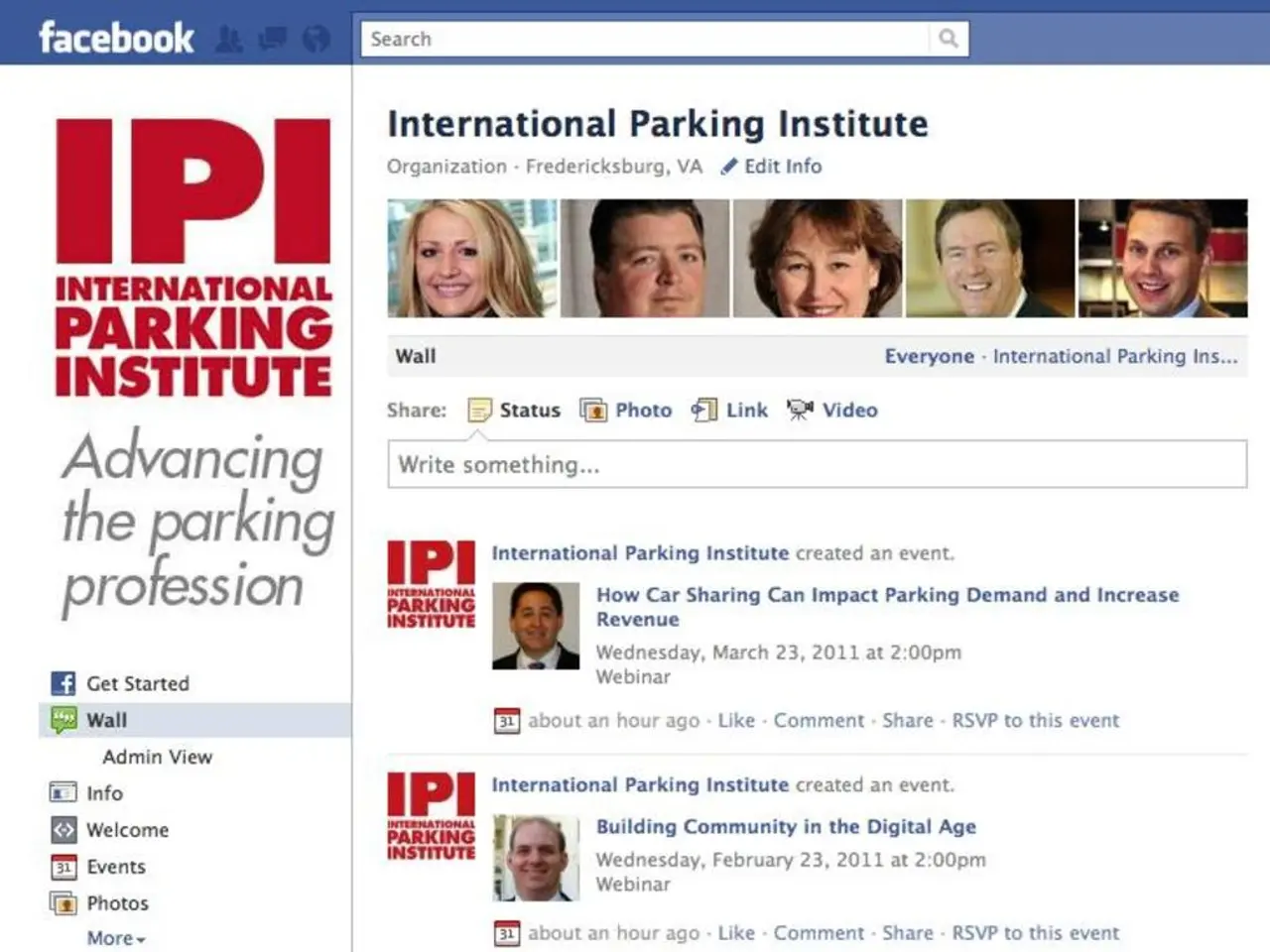Strategies for Recognizing and Addressing Subtle office Discrimination
In today's diverse workplaces, microaggressions—subtle, often unintentional, discriminatory comments or actions—can have a significant impact on an individual's mental health and overall well-being. This article aims to shed light on various types of microaggressions, their effects, and strategies for dealing with them.
Recognising Microaggressions
Microaggressions in the workplace can take many forms, such as offhand remarks, backhanded compliments, or intrusive questions that relate to a person's identity or group membership. Examples include a coworker repeatedly mispronouncing or confusing your name, being asked to take meeting minutes just because you are the only woman or youngest, or being mistaken for an intern because you look young.
Types of Microaggressions
Microaggressions can be categorized into three main types: microinsults, microinvalidations, and microassaults. Microinsults are demeaning or stereotyping comments or behaviors, while microinvalidations dismiss or deny someone's thoughts, feelings, or experiences. Microassaults are overt, often intentional discriminatory remarks or actions, sometimes disguised as jokes or sarcasm.
The Impact of Microaggressions on Mental Health
Repeated exposure to microaggressions can lead to severe and cumulative effects on mental health, including increased anxiety, depression, feelings of isolation, lowered self-esteem, persistent stress, questioning one's competence or belonging, and damage to trust and goodwill among coworkers, undermining morale and productivity.
Long-term effects can include racial trauma for those experiencing racial and ethnic microaggressions, and for those dealing with disability and mental health microaggressions, this can lead to feelings of exclusion and the need to repeatedly explain accommodations.
Strategies for Dealing with Microaggressions
Addressing microaggressions in the moment can be done by asking questions like "Can you help me understand what you meant by that?" or "That comment didn't sit right with me." It's essential to trust one's gut and know that one's feelings are valid.
If not comfortable confronting a microaggression head-on, grounding tools like pausing, taking deep breaths, and redirecting the conversation can be used as alternatives. Debriefing with a trusted colleague, mentor, or therapist can also help put things in perspective.
Mental Health Support and Self-Care
Mental health support isn't just about coping; it's about thriving and building resilience to effectively address microaggressions in the workplace. After a microaggression, it's important to practice self-care, set boundaries, find support, seek professional help, take breaks, and give oneself validation.
Engaging in activities that restore one's sense of self and bring joy is crucial for maintaining a healthy work/life balance. Online therapy can be a powerful tool for processing experiences and finding a path toward healing from workplace microaggressions.
Conclusion
Recognizing and addressing microaggressions is crucial to fostering an inclusive, healthy work environment. Our website provides up-to-date, valuable, and objective information on mental health-related topics to help readers make informed decisions. Our articles are written by experienced mental health-wellness contributors, grounded in scientific research and evidence-based practices, and reviewed by a team of clinical experts to ensure accuracy and industry standards. They contain trusted third-party sources that are either directly linked to in the text or listed at the bottom to take readers directly to the source.






